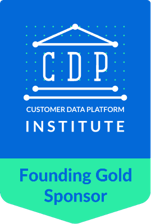There’s a lot of hype these days about omnichannel marketing and the importance of crafting a consistent customer experience across every platform. The fact is, though, that all channels are NOT equal when it comes to customer engagement. According to industry analysts Gartner, an Adobe 2018 Consumer Email Survey found that 50% of consumers named email marketing as their preferred brand communications platform, compared with a maximum of 20% who said they preferred any other channel.















